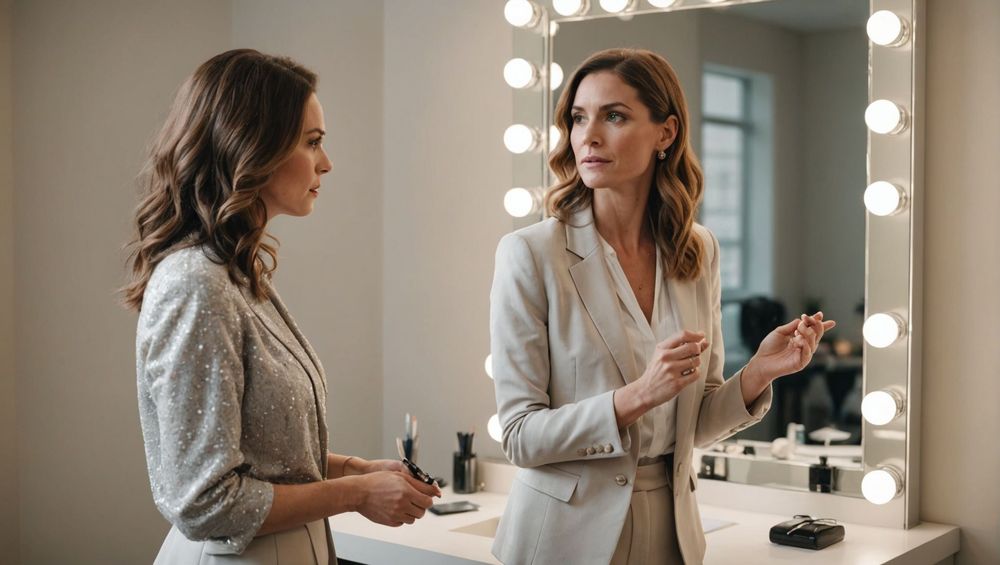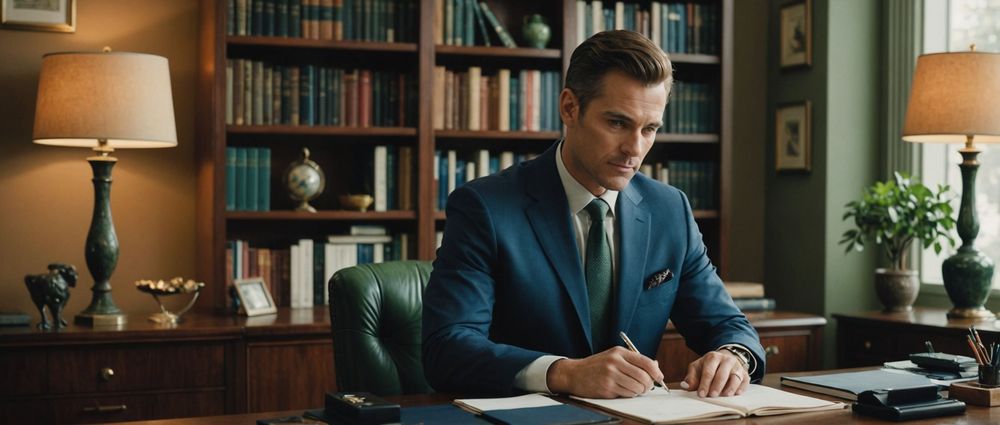Deciding what to wear to an interview can be a daunting task. While dressing appropriately is crucial, there are certain clothing choices that could potentially hinder your chances of making a good impression. In this article, we’ll explore five key items you shouldn’t wear to an interview and discuss why they can be detrimental to your success.
1. Casual Footwear

One of the biggest mistakes you can make when preparing for an interview is opting for casual footwear. Sneakers, flip-flops, or any type of open-toed sandals may seem comfortable, but they can convey a lack of seriousness regarding the position. These types of shoes often give the impression that you don’t value professionalism. Here are some reasons why casual footwear should be avoided:
- They can appear unprofessional and detract from your overall look.
- Interviewers often focus on details; casual shoes may signal a casual attitude.
- They may not match the business environment.
- Uncomfortable shoes can affect your confidence and poise.
Instead, opt for closed-toe shoes that are polished and appropriate for the workplace. Dress shoes or professional loafers can elevate your outfit and portray a more competent image.
2. Overly Bold Patterns

While it’s important to express your personality through your attire, overly bold patterns can often overshadow your qualifications during an interview. Bright colors and busy patterns might divert attention from what really matters: your skills and experience. Below are some considerations about wearing bold patterns:
- They can distract the interviewer from your conversation.
- Overly loud designs might be seen as unprofessional.
- Patterns can clash with the company culture, particularly in conservative industries.
- They may take away from your body language and engagement.
A better approach is to choose solid colors or subtle patterns that reflect professionalism and confidence without drawing excessive attention.
3. Excessive Jewelry and Accessories
Jewelry and accessories can be tricky terrain when it comes to dressing for an interview. While a few well-chosen pieces can enhance your look, excessive jewelry can come across as cluttered and distracting. Consider the following points before deciding on your accessories:
- Large statement pieces may shift focus away from you during the interview.
- Clanking sounds from multiple bracelets or necklaces can be distracting.
- Over-accessorizing may give an impression of poor judgment.
- Less is often more in a business context.
To ensure your accessories are suitable, select simple pieces that complement your attire and contribute to a polished appearance.
4. Unkempt or Revealing Clothing
Entering an interview in unkempt or revealing clothing can be detrimental to your chances of making a positive impression. Dressing in a way that shows a lack of effort or respect for the occasion can signal to the interviewer that you may not take the role seriously. Remember these key points:
- Wrinkled or dirty clothing gives an impression of carelessness.
- Revealing attire may be inappropriate and could disrespect the professional setting.
- Such choices may not align with the company’s culture or dress code.
- Taking the time to prepare your outfit reflects your commitment and professionalism.
Instead, opting for neatly pressed clothing that fits well will help you exude confidence and professionalism.
5. Clothing That Doesn’t Fit Properly
Wearing clothing that is either too tight or too loose can impact your confidence during the interview. Ill-fitting clothing can distract you and make you feel uncomfortable, which can hinder your performance. Here’s why proper fit is essential:
- Clothes that are too tight can restrict movement and cause discomfort.
- Loose clothing may give an unprofessional appearance and suggest a lack of attention to detail.
- Properly fitting clothes can enhance your body language and presentation.
- Well-fitting attire showcases your respect for the interview process and the company.
It’s advisable to invest time in selecting clothing that fits well or seek alterations if necessary, ensuring that you can present your best self.
Conclusion
When preparing for an interview, it’s crucial to carefully consider your attire to ensure you convey the right message to potential employers. By avoiding casual footwear, overly bold patterns, excessive jewelry, unkempt or revealing clothing, and ill-fitting garments, you can create a professional image that reflects your qualifications and eagerness for the job. Remember, first impressions count—make yours count positively!
FAQs
1. Is it important to dress for the company culture?
Yes, dressing appropriately for the company culture shows you understand the organization’s values and norms, helping you fit in better.
2. Should I wear a suit for every interview?
Not necessarily. While suits are typically safe choices, some industries may have more relaxed dress codes. Research the company beforehand.
3. What if I’m unsure about the dress code?
If you’re uncertain, err on the side of formal to ensure you leave a professional impression. You can also consider reaching out to someone in the organization for guidance.
4. How can I find out what to wear for an interview?
Check the company’s website and social media profiles for insights into their culture and dress code. Networking with current or past employees can also provide valuable information.
5. Can a poorly chosen outfit ruin my chances of getting hired?
While it’s not the only factor, an inappropriate outfit can negatively influence an interviewer’s perception of you, potentially impacting their decision.
